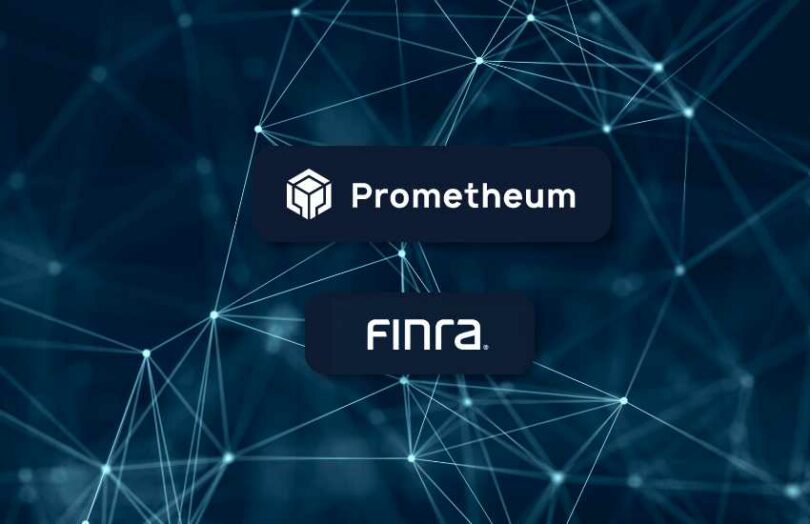Last week news Financial Industry Regulatory Authority (“FINRA”) mentioned it had granted its first SEC-qualified custodian license without revealing the recipient. Today Prometheum Ember Capital announced it received a special purpose broker-dealer license for ‘digital asset securities’, which allows it to custody digital assets for retail and institutional investors. Licensed crypto custodians tend to be state registered.
Holding company Prometheum is structured more like a traditional finance (TradFi) capital markets firm. The SEC-registered Prometheum ATS is the exchange and a separate company Prometheum Ember Capital acts as broker-dealer and custodian. This separation is intended to reduce the potential to co-mingle assets, as seen at FTX. That said, FTX and Alameda were separate entities but still operated as one.
In today’s announcement, holding company co-CEO Aaron Kaplan commented on other crypto exchanges, saying, “These platforms’ non-compliance may pose serious risks to both retail and institutional investors. We expect that custodying assets in an SEC-registered broker-dealer will provide the regulatory protections needed to re-establish investor confidence, increase institutional adoption, and allow the industry to flourish.”
Prometheum was founded by Kaplan and his brother, who are both Wall Street attorneys. Their father founded a law firm specializing in securities law, particularly for broker-dealers, and has offices in the same building. In a Youtube video, Aaron Kaplan recently set out his beliefs which clarify why FINRA has selected the relatively low profile firm for the first license.
Believes current securities laws are perfectly clear
“It’s been our thesis since 2013 that the federal securities laws were the best framework to regulate at the time Bitcoin, and then ETH and its progeny and any digital asset. Because they’re tried and tested over 90 plus years, and there’s no need to recreate the wheel,” said Kaplan.
“They’re meant to protect investors, ensure fair and orderly markets and that customers’ assets are segregated, protected and secured. In my opinion, the Federal securities laws are the best framework ‘as is’ to regulate digital asset securities.”
And he echoed terminology SEC Chair Gary Gensler used when he said, “So what we’ve seen is the existing wild west crypto financial service infrastructure – we’re seeing its demise. And that’s a result of runaway innovation without regulation.”
Because of compliance, Kaplan envisages that TradFi institutions will engage with crypto but not with the current batch of crypto exchanges. Current crypto exchanges must evolve, especially to compartmentalize their businesses and separate trading from custody and banking services. “It will be difficult for many of the existing (crypto) players. But the ones who figure it out will be able to evolve. And if not, they’ll die,” said Kaplan.
He noted that there would not have been the same issues we’ve seen in the last few quarters if many of these crypto firms had segregated customer assets like regulated institutions.
Meanwhile, in 2022 the Prometheum ATS launched, partnering with Anchorage Digital Bank for custody and settlement. A year ago, Prometheum announced a $15 million in funding, bringing the total funds raised to $42 million. It did not reveal its backers, but Hong Kong’s HashKey and China’s Wanxiang Blockchain participated in an earlier round, according to Pitchbook. An SEC filing in January 2023 indicated it was looking to raise another $7.5 million.






